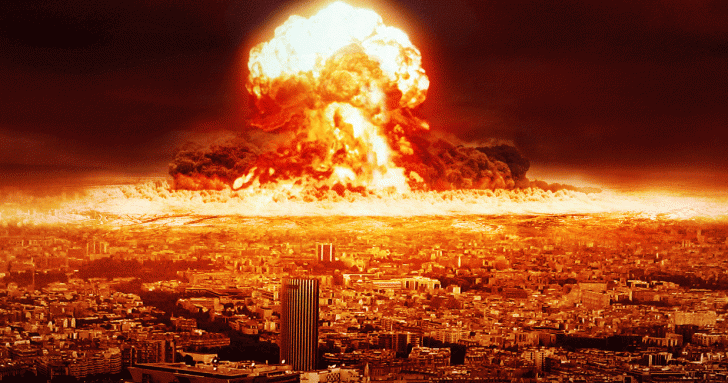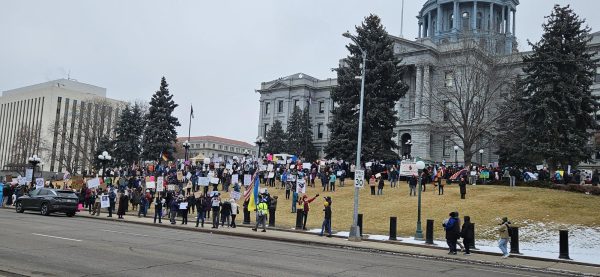Kim vs Trump: War of Words as Disaster Looms
PYONGYANG – Tensions between the US and North Korea have ratcheted up in recent weeks, with Premiers Trump and Kim trading taunting insults, each threatening to wipe the other nation off the map.
Using the world’s largest forum – the United Nations General Assembly – Trump publicly lambasted the young Asian despot last Tuesday, referring to him as “Little Rocket Man” whose nation would soon face “utter destruction.”
Not to be outdone, Kim’s rhetorical retaliation, referring to the US President as “a dotard,” had most pundits scrambling for their pocket-size dictionaries. Defined by Webster’s as one who’s “senile or weak due to senility,” Kim further claimed he would tame “the mentally deranged” Trump, with “fire.”
Latest developments have come on the heels of North Korea’s brazen threats against the US, and its multiple missile launches into the Pacific Ocean, which have left neighboring countries in a perpetual tizzy.
Both militaries are now locked and loaded.
“Yes, it’s unacceptable to silently watch North Korea’s nuclear military adventures, but it is also unacceptable to unleash war on the Korean Peninsula,” told Russian Foreign Minister Sergei Lavrov.
Weighing in on the dispute at a news conference, the Russian Diplomat derided the two hothead leaders as “kindergarten children who needed to calm down.”
The stakes have never been higher though, now that North Korea’s reported nuclear missile capabilities (if unleashed) could blanket the entire Asia-Pacific region in radioactive emissions.
In a fiery speech at the UN General Assembly on Saturday, North Korean Foreign Minister Ri proclaimed his regime possessed a hydrogen bomb that could be coupled with an intercontinental ballistic missile, ready to be used if need be.
Moments before Ri got up to speak, on the other side of the world, US Air Force B-1B bombers and F-15 jets flew provocatively close to North Korean airspace, in a “show of force” intended to counter what the Pentagon called Pyongyang’s “reckless behavior.”
UN Secretary-General Antoni Guterres sat down in a private setting with Foreign Minister Ri after his speech, expressing grave concern over the escalation in the Korean Peninsula.
For Washington, the paramount issue has always been assuring that North Korea never uses its nuclear arsenal.
Repeated efforts to curb the DPRK’s nuclear advance – from sending in the International Atomic Energy Agency (the UN’s Nuclear Watchdog) to military threats – have only strengthened the secluded nation’s military resolve.
North Korea feverishly began developing its nuclear arms program shortly after the 1962 Cuban missile crisis, the near-cataclysmic brinkmanship that still remains a sobering reminder of the risks of nuclear weapons.
By witnessing Moscow retreat from Cuba, Pyongyang realized the peril of relying on others for security. It quickly became convinced that developing a nuclear arsenal of its own would help it achieve self-sufficiency in national security issues – coining the term “self-fortressization.”
So far North Korea has conducted six nuclear tests. The latest, on Sept. 3, was so powerful it displaced a mountain.
Keeping in line with a United Nations security council resolution, several countries including China, the US, and South Korea have imposed heavy sanctions on the isolated nation state, cutting exports of food and fuel.
Calling for a political solution to the perilous conflict, Russian Foreign Minister Lavrov suggested, “Together with China we’ll continue to strive for a reasonable approach.”
Considering that Washington’s proliferation policies towards Pyongyang haven’t borne much fruit in the past seven decades, perhaps it ought to tone down its rhetoric and revisit its diplomatic strategies, before the eleventh-hour dawns upon the world … yet again.
Latest Update: Pyongyang sent letters to numerous governments on Sunday, admonishing Trump’s UN remarks, calling them tantamount to a “declaration of war.”








